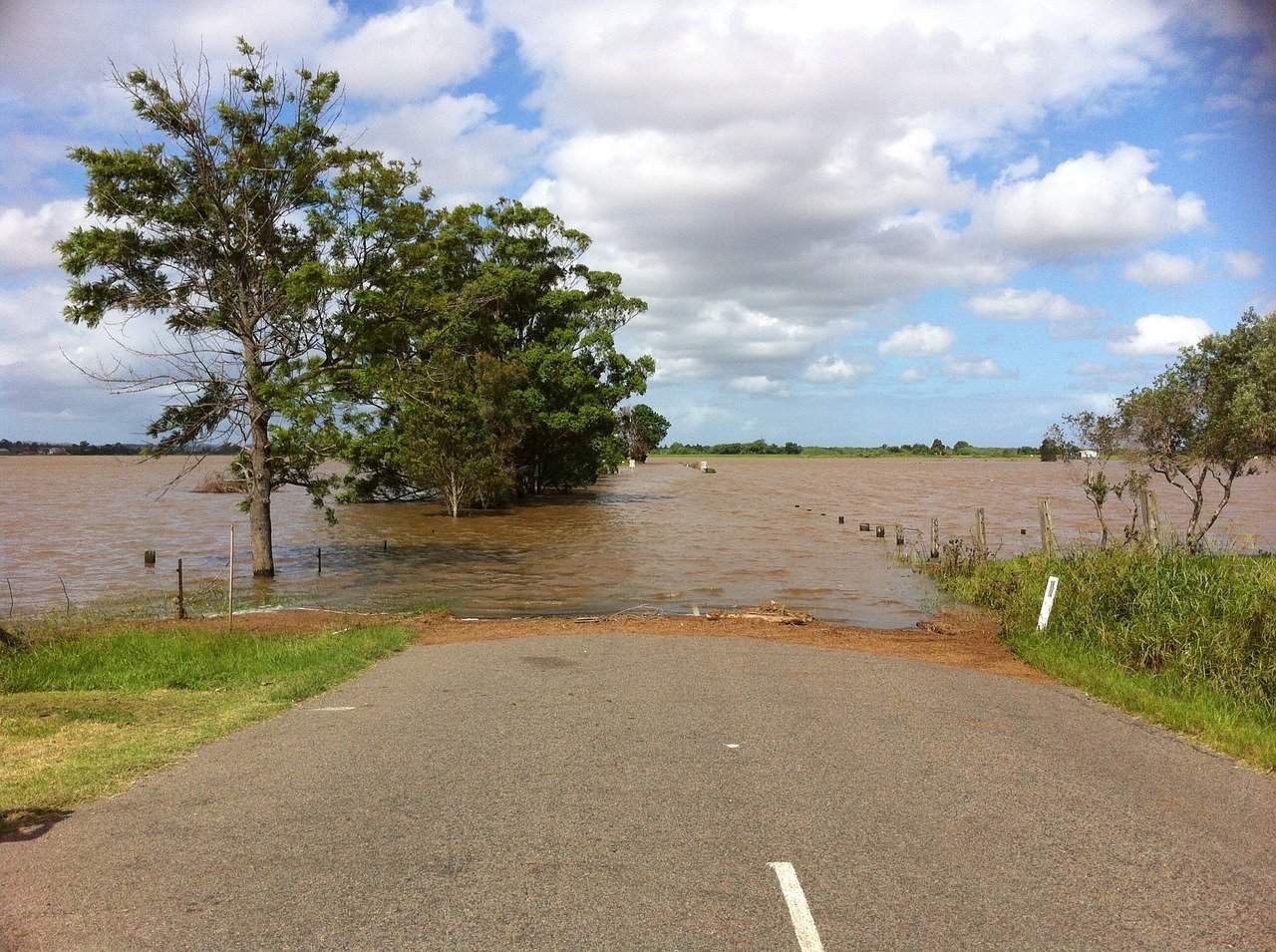It has hardly begun but already the 2019 rainy season is striking fear into communities which experienced the disastrous floods of 2018. Flooding in Trinidad and Tobago is now commonplace. Short downpours often result in two to three feet of water inundating low-lying areas throughout the country, especially along the Caroni River and around Port of Spain.
The natural environment does not only provide us with picturesque aesthetics and critical habitat for organisms, but also influences the food, air and water we consume. It is the intent of Central Pathfinders Environmental Foundation (CPEF)to highlight a few anthropogenic reasons for flooding and stress the need for us as a society to take care of our natural environment. In doing so we bring benefits to our communities, not just to flora and fauna.
Flooding is a complex phenomenon. A mix of natural and human-induced elements combine to produce flooding which can be flash or riverine in nature. Flash flooding occurs when water levels rise and fall rapidly with little warning, and is usually caused by intense rainfall in short bursts. Riverine flooding, on the other hand, occurs when the body of water resulting from prolonged rainfall exceeds the capacity of the natural watercourses and spills over into the built environment.
For man’s part, poor land use is the most crucial cause of flooding. Activities such as the over-cultivation of land, squatting, bush fires, illegal quarrying, improperly sited land developments and expanding lengths of impermeable paved surfaces all lead to increased run-off during rainfall events. Nature for its part lends to flooding due to changes in climatic patterns which increasingly produce rainfall events of greater intensity, magnitude and frequency.
Let’s not forget water pollution, which refers to the adverse changes in the quality of water, usually attributable to human interference. It is the contamination of water through the disposal of materials that are harmful to the environment and human health. In Trinidad and Tobago, improper waste disposal is a large issue which exacerbates flooding. The build-up of garbage obstructs the natural flow of water in rivers and drains. Think of any hike or beach lime on which you’ve gone and recall the food containers and plastic bottles littered all over the area. Dumped plastics, polystyrene/styrotex containers, animal parts and other household waste all combine together to contribute to the clogging of drains and rivers. When compounded by flooding, witness the release of untreated factory effluent, fertilizers, pesticides and improperly treated sewage spread throughout the landscape, even into our homes, no longer confined to our water course. Ironically coming right back to our doorsteps. Perhaps it is nature’s way of dumping on us the waste which we so indiscriminately dump on her.
Agencies such as the Environmental Management Authority, the Water and Sewage Authority and the Office of Disaster Preparation, to name just a few, help raise awareness of how we contribute to flooding and to water pollution. However, we all need to educate ourselves and assist in educating our friends and extended communities about how to manage our impact on the environment. We can also properly dispose of all our household wastes and products that contain toxic ingredients in an appropriate manner so that it is not a threat to the public and ecology. Further, we can all assist in the planting of trees to avoid soil erosion in flood-prone areas. In this way, it will become easier for our state actors to implement engineering solutions to tackle our flooding issues.
Every individual has an impact on the environment. Unfortunately we don’t always realize how entwined our lives are with the environment. It is everyone’s responsibility to minimise our negative impacts and improve the positives wherever possible. Let’s all agree that failure to address key issues such proper solid waste management, water pollution and flooding could have disastrous impacts on each one of us, our community, country as well as the future of the earth and human civilisation. We need to address these issues as if our lives depend on it- because, in fact, they do!
*Central Pathfinders Environmental Foundation (CPEF) is a non-profit organization that aims to promote ecological conservation through sustainable environmental and agricultural awareness and development. For more information visit CPEF’s Facebook page and website at https://centralpathfinders.wordpress.com/




